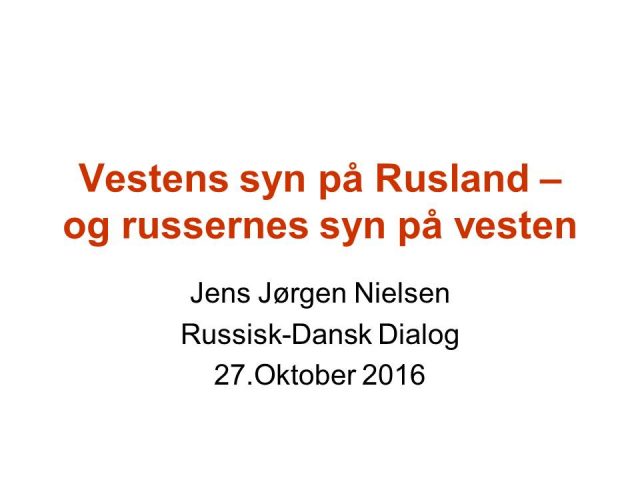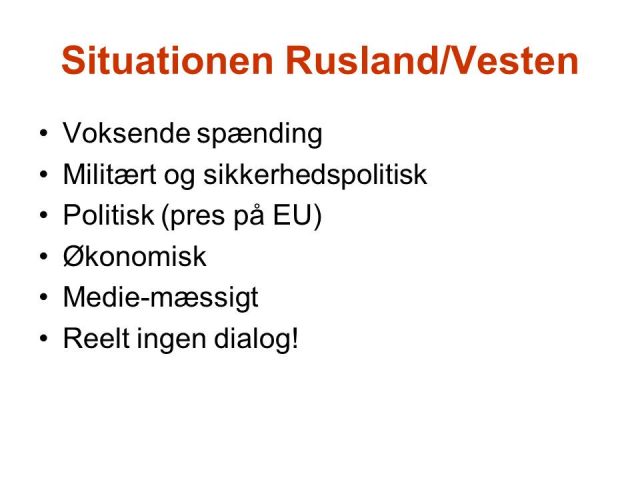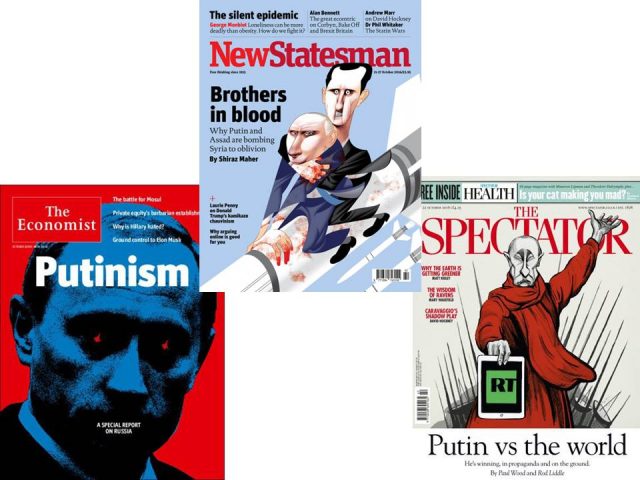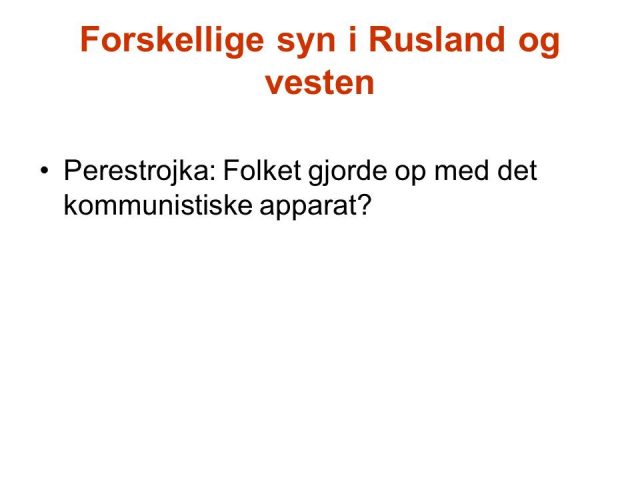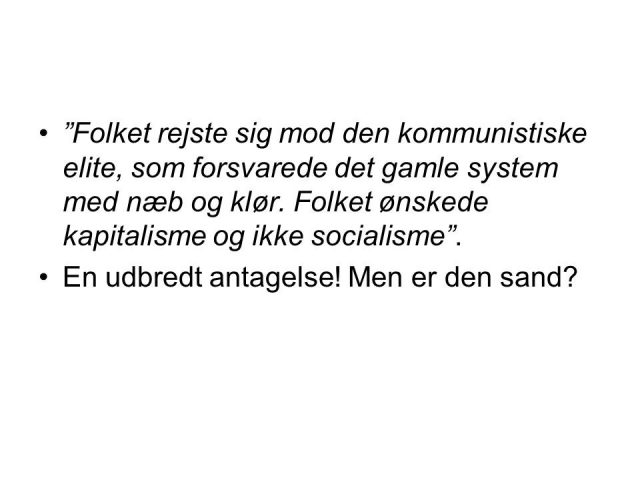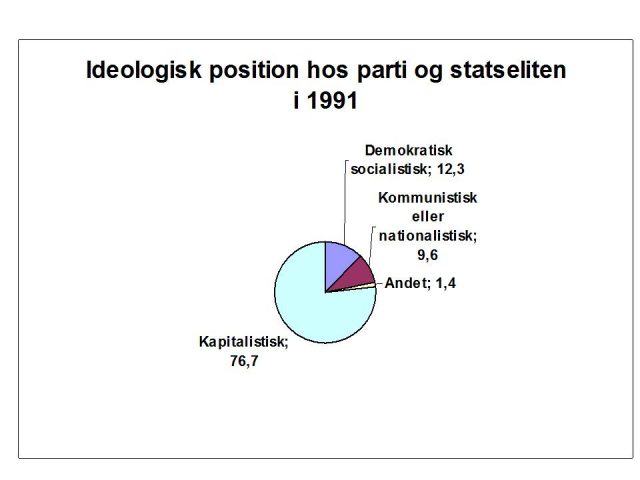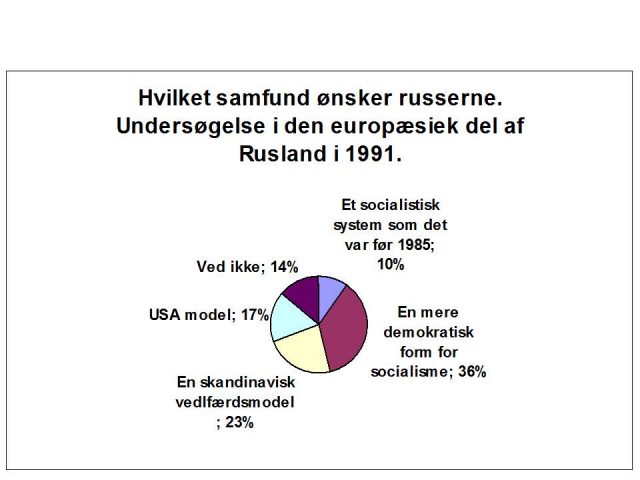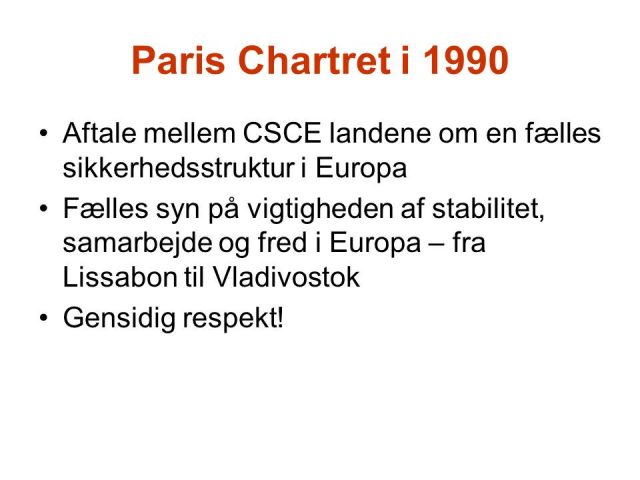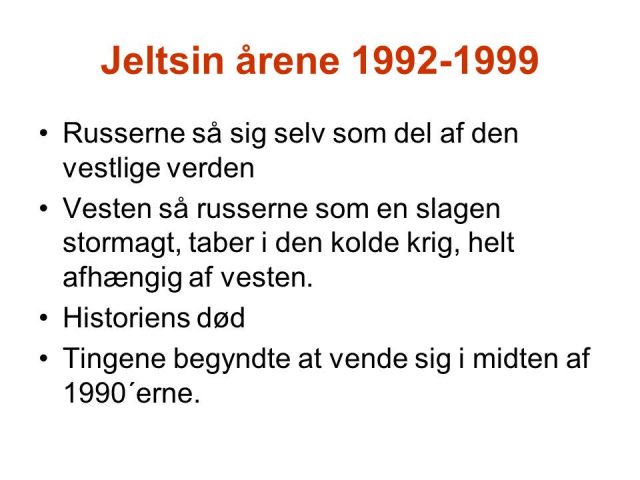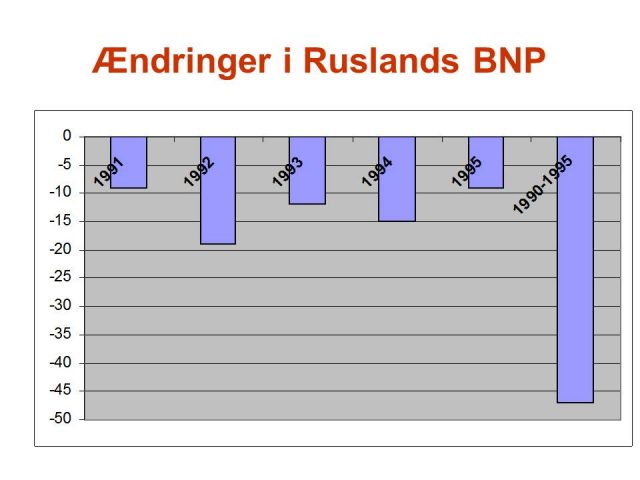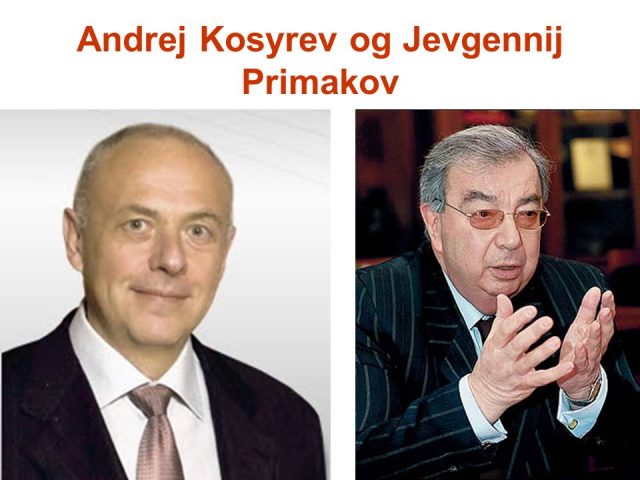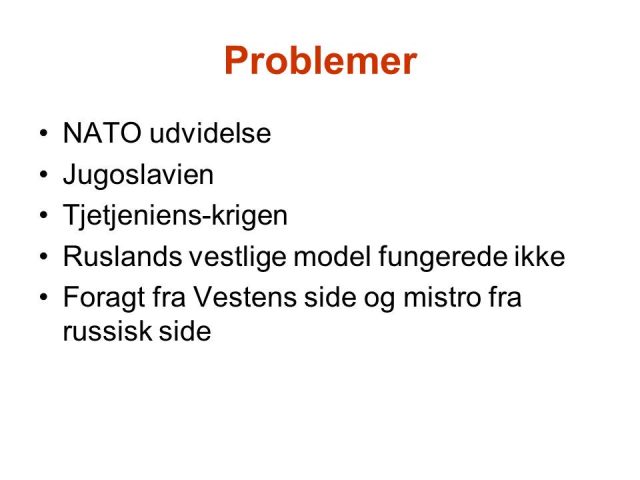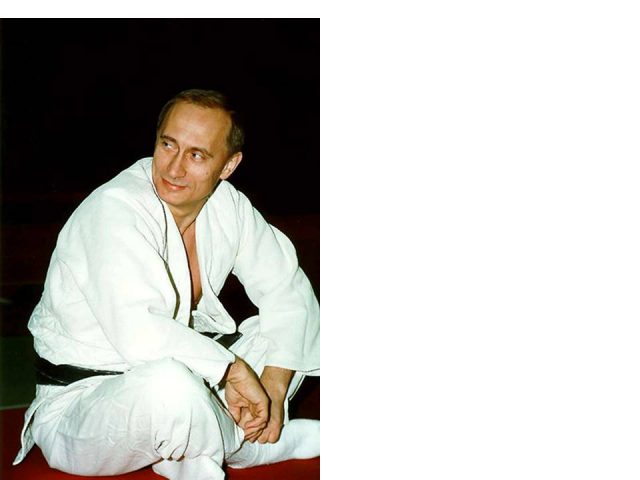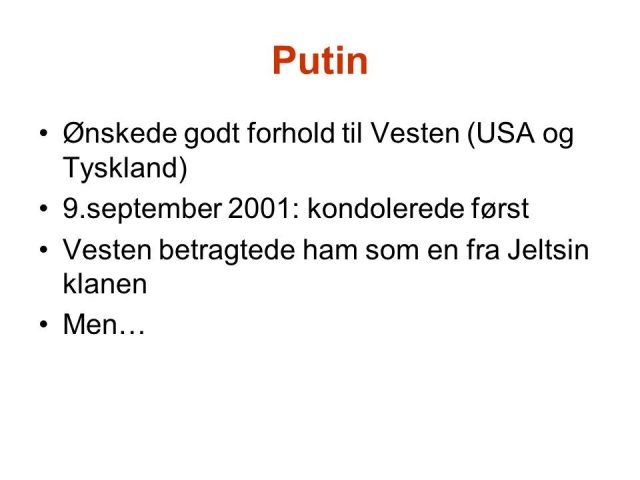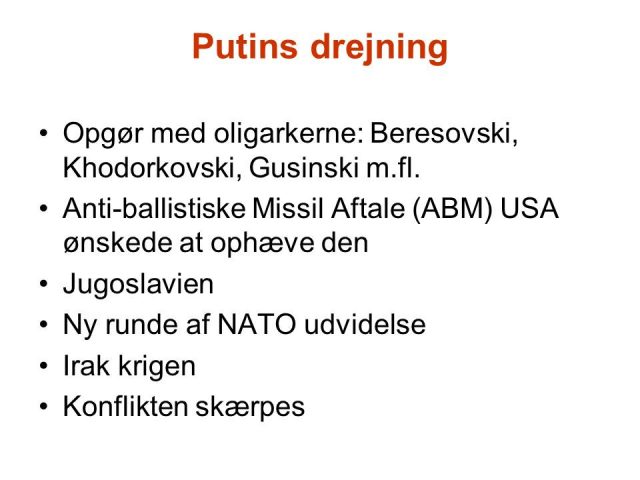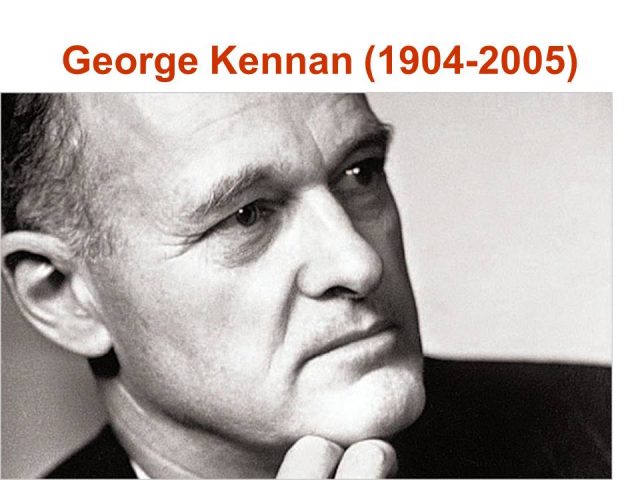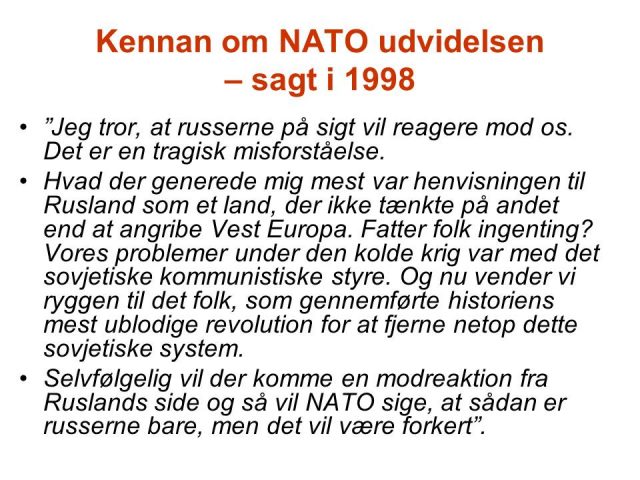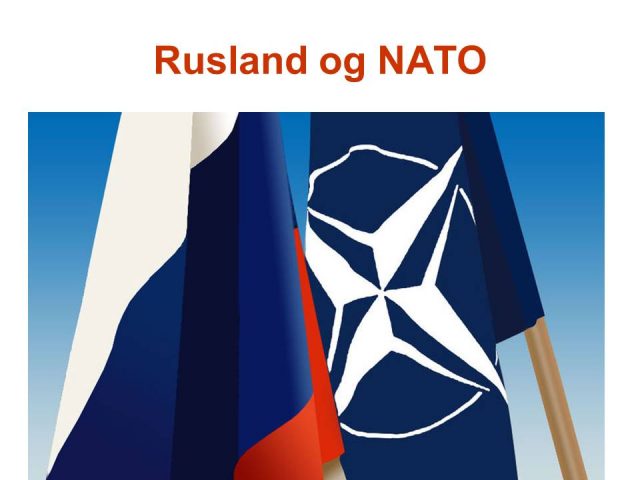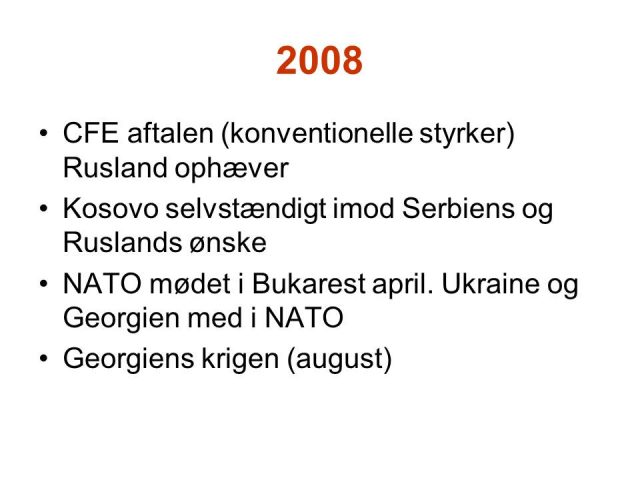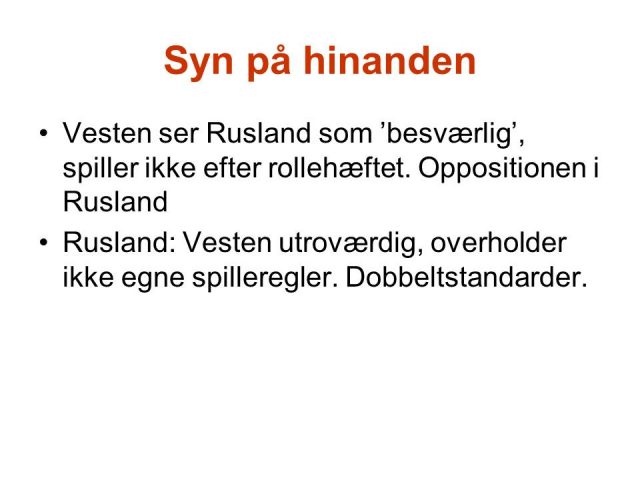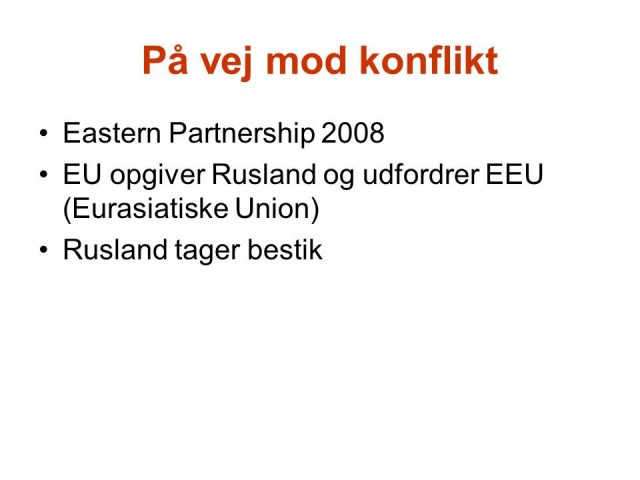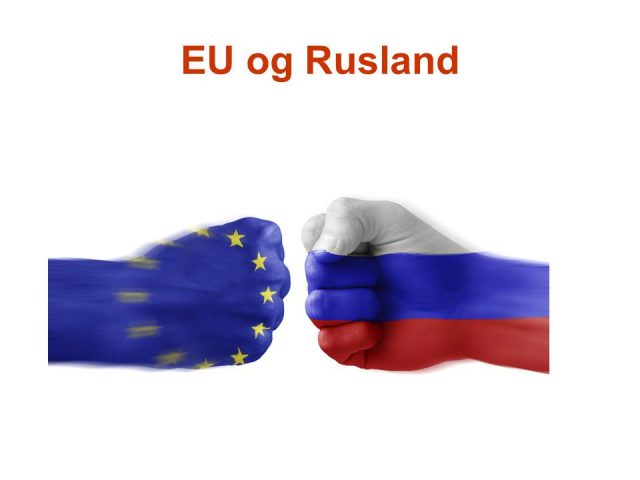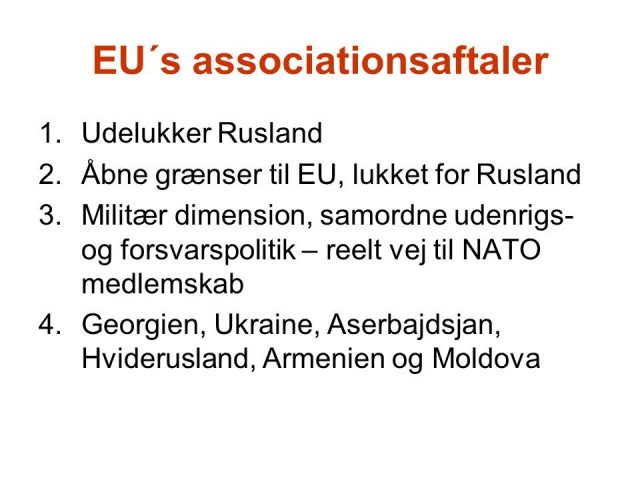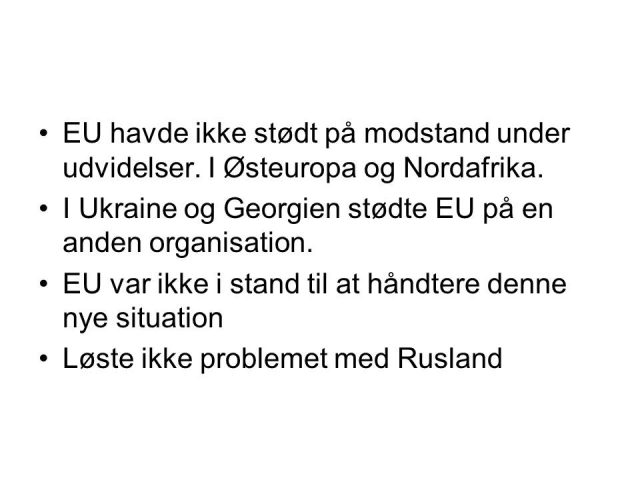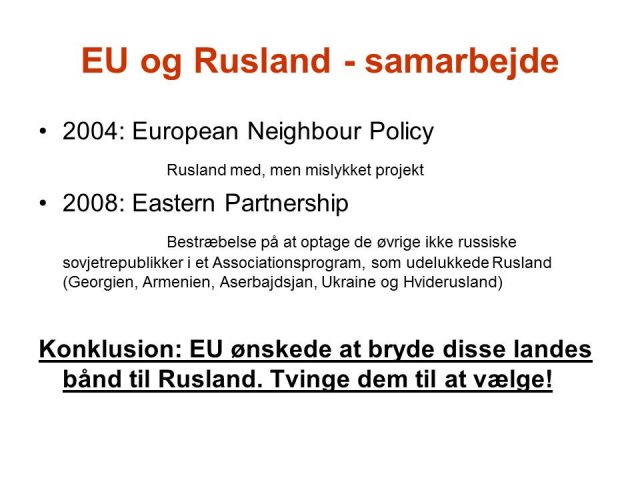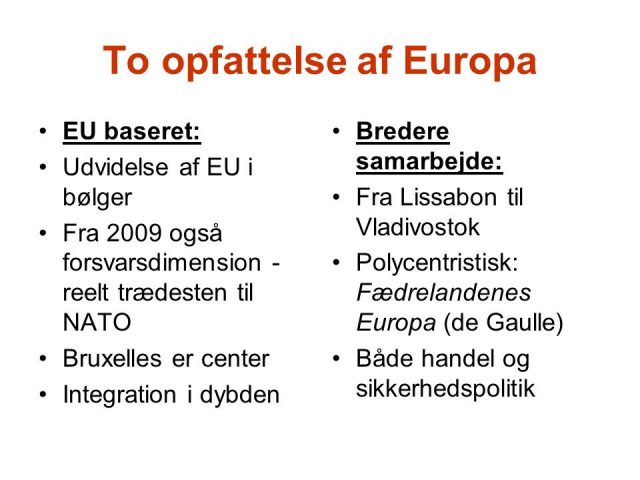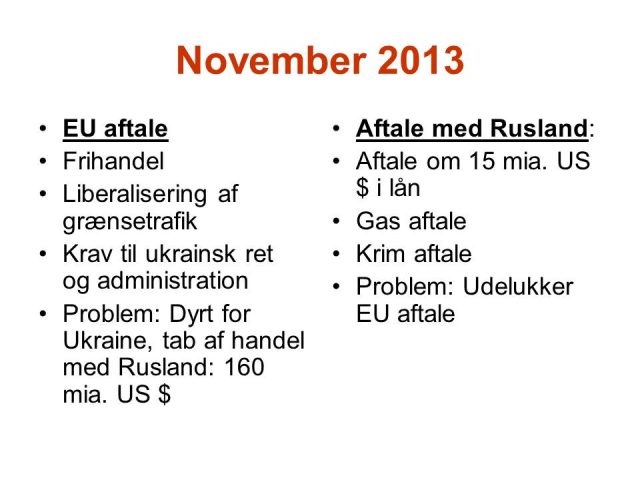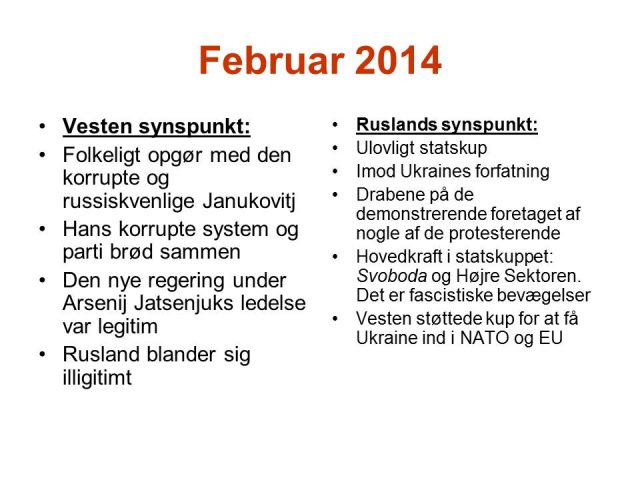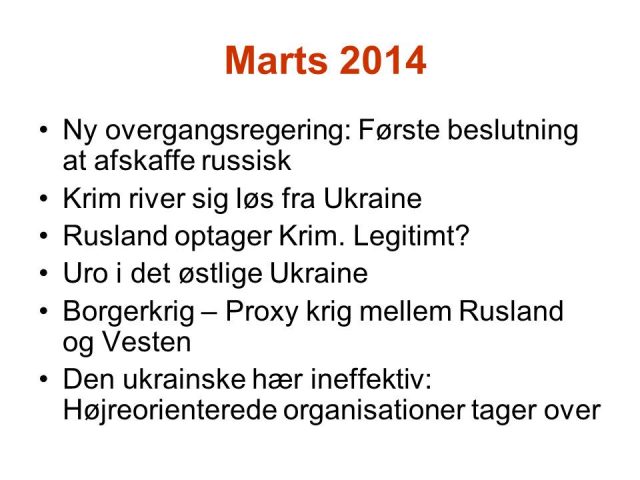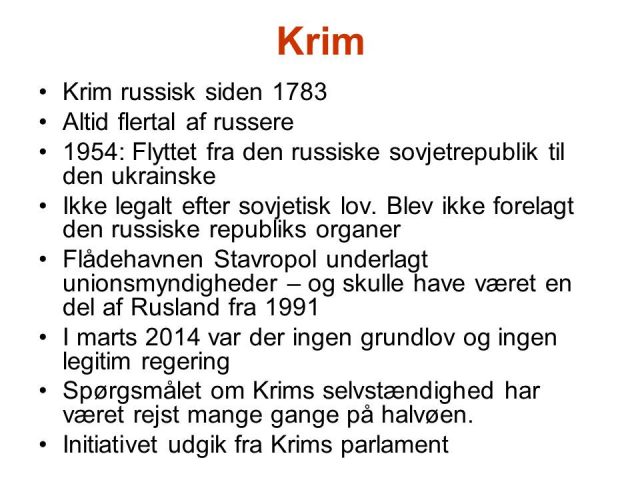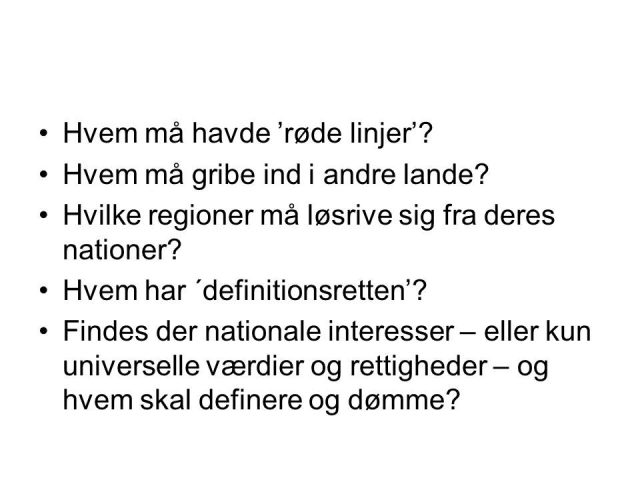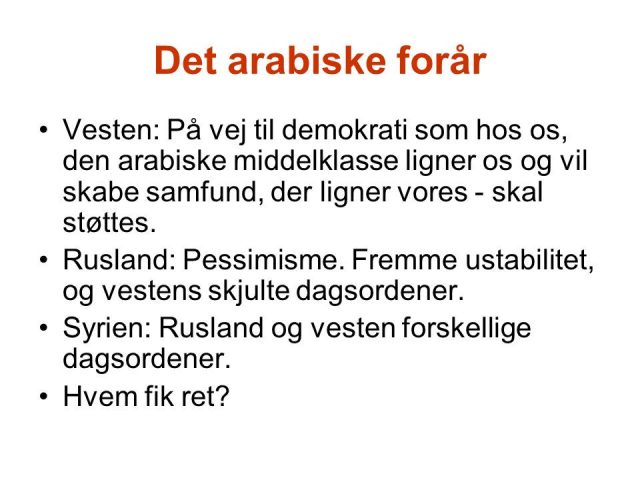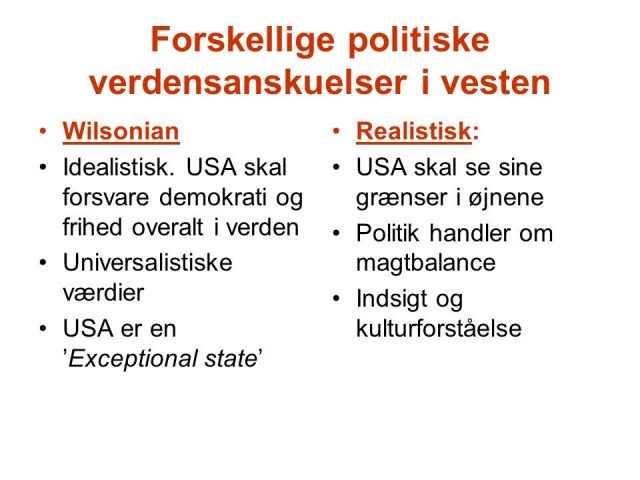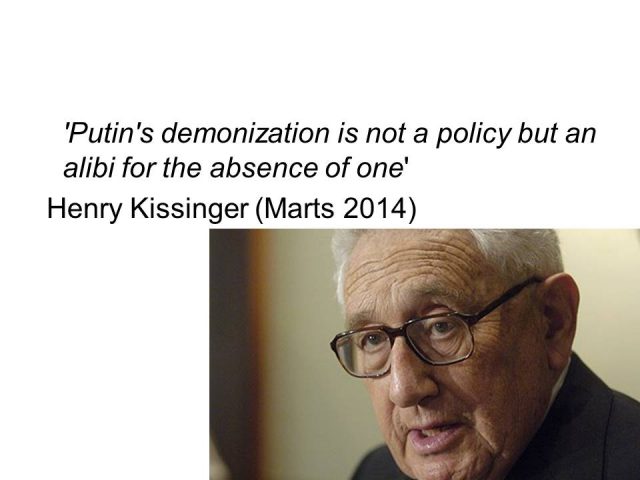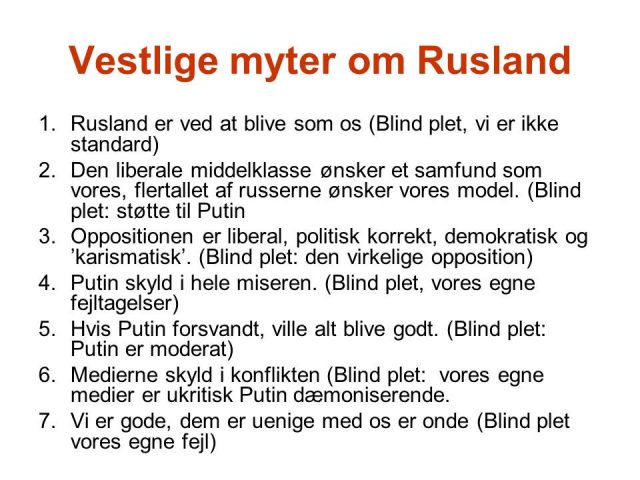København, 12. december, 2016 – I dag var Helga Zepp-LaRouche særlig gæstetaler ved et Schiller Institut/EIR-seminar i København, med titlen, »Donald Trump og det Nye, Internationale Paradigme«. Otte diplomater fra seks lande deltog, inklusive to ambassadører. Nationer fra Vesteuropa, Sydvestasien, Vest- og Østasien var repræsenteret, samt fra Afrika. Desuden deltog henved 30 af Schiller Instituttets medlemmer og kontakter, såvel som også et par repræsentanter for diverse danske og internationale organisationer.
Arrangementet indledtes af en forestilling, hvor Feride Istogu Gillesberg og Michelle Rasmussen fremførte en kinesisk kærlighedssang. Dernæst introducerede formand for Schiller Instituttet i Danmark, Tom Gillesberg, Schiller Instituttets stifter og internationale præsident, Helga Zepp-LaRouche, ved at beskrive den historiske rolle, hun har spillet i skabelsen af politikken med Den Nye Silkevej.
Helga Zepp-LaRouche indledte sin meget inspirerende og dybtgående tale med den revolution imod globalisering, som Brexit, Trumps valgsejr og Nej-resultatet i den italienske folkeafstemning udgør. Hun kom med en vurdering af potentialet i nogle af Trumps hidtidige erklæringer og udnævnelser og gik dernæst videre med en detaljeret diskussion af de to, modstridende paradigmer, der eksisterer i verden i dag. Dernæst opløftede Helga tilhørerne med Krafft Ehrickes og Nicolaus Cusanus’ skønne ideer. Hun konkluderede med en appel til de tilstedeværende om ikke at handle som tilskuere på historiens scene, men derimod, sammen med os, at gå med i kampen for det nye paradigme.
Helga Zepp-LaRouches tale, der varer omkring 1 time og 20 minutter, kan høres ovenover eller her:
https://soundcloud.com/si_dk/helga-zepp-larouche-in-copenhagen-donald-trump-and-the-new-international-paradigm-1
En dansk oversættelse af talen kommer på torsdag.
Herefter fulgte en intens, timelang diskussion, hvor der kom spørgsmål fra alle de forskellige grupper, der var repræsenteret. Helga afsluttede mødet med at udfordre tilhørerne til at beslutte, hvad de ønsker at bruge deres liv til; hvilket mærke, som vil være til gavn for hele menneskeheden langt ud i fremtiden, ønsker de at sætte? Et udskrift af Helgas svar vil ligeledes snarest blive udlagt her på hjemmesiden.
Helgas tale og efterfølgende diskussion havde en dybtgående virkning på alle de tilstedeværende.
Diskussionen findes kun som engelsk udskrift (se nedenfor).
—–
English: Introductory article
Helga Zepp-LaRouche Keynotes Copenhagen Seminar on `Donald Trump and the New International Paradigm'
COPENHAGEN, Dec. 12, 2016 (EIRNS) — Today, Helga Zepp-LaRouche was the special guest speaker at a Schiller Institute/{EIR} seminar in Copenhagen entitled, "Donald Trump and the New International Paradigm." Eight diplomats from six countries attended, including two ambassadors. There were nations from Western Europe, Southwest Asia, Western and Eastern Asia, and Africa. In addition, there were around 30 Schiller Institute members and contacts, as well as a few representatives of various Danish and international institutions.
The event was opened by the presentation of a Chinese love song performed by Feride Istogu Gillesberg and Michelle Rasmussen. Afterwards, Tom Gillesberg, the chairman of The Schiller Institute in Denmark, introduced Schiller Institute founder Helga Zepp-LaRouche, describing her historical role in bringing about the New Silk Road policy.
Helga Zepp-LaRouche's very inspiring, in-depth speech began with the revolution against globalization represented by the Brexit, the Trump election, and the Italian No vote. She gave an evaluation of the potential represented by some of the statements and appointments Trump has made so far, and then proceeded with a detailed discussion of the two conflicting paradigms in the world today. Zepp-LaRouche then uplifted the audience with the beautiful ideas of space scientist Krafft Ehricke and Renaissance philosopher Cardinal Nicholas of Cusa. She concluded with an appeal to those present not to act as spectators on the stage of history, but engage in the battle for the new paradigm with us.
Her speech, about 80 minutes long, may be heard above, or at: https://soundcloud.com/si_dk/helga-zepp-larouche-in-copenhagen -donald-trump-and-the-new-international-paradigm-1
Afterwards, there was an intensive hour-long discussion, with questions from all of the different groups represented. Mrs. Zepp-LaRouche ended by challenging the audience to decide what they want to do with their lives, what mark they will make to benefit all humanity, far into the future.
Zepp-LaRouche's speech and discussion had a profound effect on all present.
Download (PDF, Unknown)
Discussion:
(There is no video or audio of the discussion period, only this transcript.)
Helga Zepp-LaRouche in Copenhagen December 12, 2016
Discussion
(To facilitate free discussion, the questioners are not identified, and the questions are summarized. The answers are complete.)
Question: Can we be optimistic about Trump’s presidency, because he is skeptical about climate change, is for trade war with China and Mexico, opposes the free trade deals, and has called for tearing up the nuclear deal with Iran.
Helga Zepp-LaRouche: I said earlier that the potentialities for change are there, but it depends, to a very large extent, upon us – what we do. When Trump got elected, my first response was, this is what I call the ‘dog pull-tail, let-go feeling.’ What I mean by that is that when you pull the tail of a dog, which you should never do, naturally, and you let go, the pain stops. When you pull, there is pain, and when you stop pulling, the pain goes away.
So, in a certain sense, the election of Trump was the tail let-go feeling, because we were on an immediate course toward WWIII, and that was really the primary point, because if Hillary Clinton would have been elected — unfortunately, Hillary Clinton, when she was in the Obama administration, transformed from being a relatively OK person, she was never great, but in 2008, she was relatively decent, compared to what she became, because she capitulated to Obama, and when she made this terrible statement, for example, in Libya, about the murder of Gadaffi, “We came, we saw, and he died.” This is barbarism.
Her behavior in the Ben Ghazi case. There were so many things where she became worse than Obama, almost. So the immediate thing was that that big danger, that she would have continued the policies of Bush and Obama, in the confrontation with Russia and China, that that was stopped is, already, for the survival of civilization, the most important step.
Now, on these other points. Naturally, there is climate change. There is no question about it. But the question is, what is the cause of it? And the Schiller Institute had several conferences where we invited extremely important scientists who presented, beyond a doubt, that if you look at the last 500 million years in the history of the Earth, you have a continuous cycle of ice ages, of warming periods, of small ice ages, and the man-made component of climate change is absolutely negligible. It’s a big fraud, for example, it’s a big business. To sell CO2 omission quotas, is like selling indulgences in the Middle Ages.
Obviously, there are climate changes, and some countries which have low coasts are very much affected, but then you have to adapt to these climate changes with modern technology, and you cannot solve the problem by going to electric cars, or going to decarbonization of the world economy. This is a big fraud, and I am not saying that Trump is saying this for all the right reasons, but the idea to impose measures implied with the “great transformation” Schellnhuber is talking about – I mean these people do not want development.
We have been on this case for the last — as a matter of fact, we, the LaRouche movement, had a conception about the development of the world really starting at the end of the sixties.
I joined Mr. LaRouche because I went to China, Africa, other Asian countries, and I saw the horrible, horrible underdevelopment. So I came back from this trip, and I said, ‘I have to become political, because I want to change this.’ I could give you a long, long story of the many observations, because I went with a cargo ship, and when you go to these countries with a cargo ship, you get a quite different idea than if you go on a 5-star cruise, and hotels. You see how the poverty affects people in their real lives. And I came back, and I looked at all the political movements, and I saw that LaRouche was the only one who said, ‘We have to have Third World development. We have to have technology transfer. We have to alleviate this poverty.’
And we had a positive conception already in the seventies, and therefore, when the Club of Rome appeared, we immediately said, ‘This is a fraud.’ Because the Club of Rome said, ‘There are limits to growth. We have reached equilibrium. Until the year 1972, you could develop, but now, we have reached equilibrium, and we have to have sustainable development. We have to have appropriate technology.’ These notions did not exist before, because before, you had the idea of a UN Development Decade, where each decade, you would overcome the underdevelopment by qualitative jumps. And when we recognized this propaganda by the Club of Rome, we immediately said, ‘This is a complete fraud,’ and the people who wrote the book “Limits to Growth,” Meadows and Forrester …
Q: A followup about the Paris climate summit.
A: I would like to give you written documentation afterwards of the studies that were made by these geologists, which are, without question, the explanation of climate change is not man-made. The anthropogenic aspect of it is so miniscule. Climate change has to do with the position of the solar system in the galaxy, which goes in cycles around a certain axis, and you can see that over 500 million years, the data confirms that you have these wide changes. Greenland is called Greenland, because it was green. There used to be vineyards. You had ice ages which completely covered the Earth, and the reason why I went into this longer history, is to show how the environmentalist movement was created with the attempt to keep development down, and climate change is just another expression of the same effort.
If you look at which firms which are investing in solar parks, in wind parks, who is controlling the CO2 emission trade, you have all the top hedge funds in London and Wall St. I can give you a lot of documentation about it, which does not mean that climate change is not real, because you have the rise of the oceans, and you have climate change, you have extreme weather, but that has been happening for hundreds of millions of years.
And, on the other points you raised, obviously, from our standpoint, the cancellation of NAFTA, is a good thing, because NAFTA did not allow development for Mexico. As a matter of fact, NAFTA is the incarnation of the cheap labor production model of free trade. What you need is – especially countries which are not developed, you need protective tariffs for their own good. They have to develop a domestic market first. The booklet which I emphasized, which you should please read, “Against the Stream,” is one of many, but it is very condensed, and a very good book.
The question is, ‘What is the source of wealth?’ Is the source of wealth cheap labor, to buy cheap raw materials, produce cheaply, and sell expensive? Is that the cause of wealth? No.
The only cause of wealth is the increase in the creativity of labor power. And a good government is, therefore, investing the maximum amount into education, into sponsoring the creativity of youth, of labor, and the more people in the labor force, by percentage, are engineers, scientists, the more productive the economy becomes.
And the free trade system, of which NAFTA is just one example, did exactly the opposite. China, which was part of this in the beginning — the reason why China today has so many environmental problems, like smog, like a large amount of groundwater being contaminated, is the result of the fact that China, in the beginning of its industrialization, accepted being a cheap labor production place for the U.S. and for Europe. When I was in China, even in 1971, I visited some factories which were horrible. They were absolutely horrible. The working conditions were terrible, the labor force, which produced electrical devices for radios, it was horrible. They worked for 18 hours. No health system. It was just terrible. And that is how China developed in the first phase.
But then China, with Deng Xiaoping, started to recognize that that is the wrong way. So China is now on a completely different track. They are putting the maximum emphasis on science and technology, the increase of excellence. Last year, they produced 1 million scientists. That’s double of what the U.S. produced. Obviously China is a larger country, but still. What will finally be decisive is the number of people who are creative. And that is why China, right now, has the best education system, because they have understood that the source of wealth is not raw materials. Is not trade conditions. It is the creativity of their own people. And that it a good thing. If we go to a system where we have a certain amount of protectionism, to protect the development of the domestic market, it is a good thing.
There is no danger of cutting [countries off from one another], because all of these infrastructure projects are connectivity. The world will be more connected than ever before. But this whole myth of free trade is really a very bad thing. It has been coined by the people who profit from it. That’s why the world is in the condition it is right now, where the rich become richer, and the poor become poorer. The middle class is being destroyed all over the world. And I would really like to communicate with you so that we can deepen this dialogue.
On the Iran thing, I don’t think he will break it, but that is my hope. I don’t know.
So, I’m not saying he’s a – as I said, Baron von Knigge would get a heart attack when he hears Trump’s speeches, but the world was in such a grip of evil, satanic evil, that it is a good thing that there is a break, and the unfortunate thing, is that Europe is still in this grip.
You can see it. Von der Leyen, the German Defense Secretary, had the funniest reaction. The day after the election of Trump, she said ‘I am deeply shocked,’ about this election result, because nobody thought this would happen. Now, this same lady is now parading in Saudi Arabia with Crown Prince Bin Salman Al Saud, and she isn’t shocked. So, I don’t know what’s wrong with her. I think that that would be a good place to be shocked, or not even go there.
So, I have come to the conclusion that a lot of the Europeans who react this way to the defeat of Hillary, are obeying another power in their head, and that power I call The British Empire, which is still in place, and it dominates Europe, and that is why they feel – I was asking myself, how come all of these politicians are so arrogant towards the new president of the U.S.? Because they were the boot-lickers of Washington until yesterday, and they would immediately do everything Washington would say and do, so I asked myself, ‘Where is this sudden self-assertedness coming from?’ And the only explanation I came up with, was to say, they must have an idea that there is another power which is more powerful than Trump, otherwise, they wouldn’t have this sudden arrogance.
And it is the British, because you will see tomorrow, because tomorrow, there will be a federal press conference in Berlin, where a number of people will present their contribution to the German chairmanship of the G-20, which will take place in July in Hamburg. This will be Joachim Schellnhuber, the head of the WBGU (German Advisory Council on Global Change), this is the scientific advisory organization advising the German government. He put out this paper about ‘the great transformation,’ which we wrote about. You can look in the archive. He is the head of the idea of a decarbonization of the world economy.
Now, if you decarbonize the world economy, without having fusion, that would be one thing, to have fusion power in place. Then you can talk about getting rid of fossil fuels, but without having fusion, and being against nuclear energy, fission, it means that you will reduce the world’s population to 1 billion or less, because there is a direct correlation between the energy-flux-density, and the number of people you can maintain. Schellnhuber said that the carrying capacity of the Earth is maximum 1 billion people. He didn’t say that he wants to do with the 6 billion who are already there. If he would be consequent, he should hop away from this planet.
And they will announce a sinister plan, to try to use the fact that many countries have environmental problems, to sneak in their anti-development programs. People should not be naïve, because not everybody thinks that population growth is a good thing. There are many people who think that each human being is a parasite, destroying nature. That is the image of man which many people have. The greenies, for example.
We look at it in a different way. We think that the more people you have, the greater longevity you can have, division of labor, and a modern scientific society needs many people with a long life span. Because if you are in the Third World, and you die, and you have an average life expectancy of 40 years, or less, you cannot have scientists, because the production of a scientist takes 30-35 years, and if people then die right away, then you can’t have a modern society.
So the more creative people you have, the better. Each human being is an incredible addition, because we are creative.
Tom Gillesberg: Schellnhuber, for his services, was appointed Commander of the Order of the British Empire (CBE), and for him, he personally has said, that the highpoint of his existence was that the British Queen, personally, gave him the Order of the British Empire, for his efforts to reduce the possibility for mankind’s survival, you could say, so it is connected with what you said.
Q: This is the best speech I have ever heard in my life.
Is this a second American Revolution, and will the Federal Reserve, which is privately owned, be closed down, and will money be created for the benefit of all people, and not just the private Fed?
A: I don’t know, because, as I said, there are so many unknowns about Trump, and what he will do, and how it will play out. All I can say is, if Trump does not fulfill his promises, the same people who caused his election, will topple him. Because I don’t think that this process, which is now underway, where ordinary people have just had it — If you think about the declaration of Independence, it has this formulation that you will not bring down a government system for light reasons, but, if for a long time, the common good is being violated, I don’t know the exact text, then, people have the right and duty to replace this government with a rightful one, and that idea I call natural law.
It’s the same idea that Friedrich Schiller had in Wilhelm Tell. This is a play he wrote, which takes place in Switzerland. There, the Hapsburg oligarch is also trampling on the rights of the Swiss people, then they unite with the Rütli Oath. There is this beautiful formulation which says, ‘When the rights of people are trampled upon, they have the right to reach out to the stars, and take from the stars those rights which are eternally embedded in these stars. (I am not saying it as beautifully as Schiller does.)
If you compare these two texts, the Declaration of Independence, and the Rütli Oath from Schiller’s play, they are almost identical, and it’s very clear that Schiller was inspired by the American Revolution when he wrote that play, because in his plays, there are many ideas which resonate with the American Revolution, and he actually wanted to immigrate, at one point, to America.
So I think that if Trump turns out to be another fraudster, which we don’t know yet, I think that this process of revolt will continue, because I only mentioned some elements.
I could mention that there are many countries now in realignment. for example, the Philippines, Duterte. This was supposed to be the playground for the conflict with China in the South China Sea. Now Duterte sent his Defense Secretary, Lorenzana, to Russia and China, to buy weapon systems from Russia and China, and to establish a friendship with China, and he said, ‘The Philippines is no longer the colony of the U.S.’
Then you have Japan, which was the junior partner of the U.S. in the Pacific. Abe went to Sochi, meeting with Putin. In three days from now, Putin will go to Japan to have a state visit. They are talking about a peace treaty between Russia and Japan.
All of these are new alignments. There is a shift in the strategic situation, and I don’t think that that shift can be reversed.
Q: About Russia hacking the U.S. election. Why doesn’t the U.S. have anti-hacking measures? Can you explain that?
A: I cannot explain that, for the same reason that I cannot explain why the NSA is surveilling everyone, all their phones, their communications, worldwide. They can observe all of these things, but they don’t know about terrorism. They don’t know about drug trafficking. They don’t know about money laundering. Either their system is not so good, or they are looking in the wrong direction. I can’t answer your question.
Q: Will the result of the Brexit be positive for Europe, to enable continental Europe to become stronger, and to improve cooperation with the eastern parts of Europe?
A: I think that the EU is not functioning, and I think it is not just the Brexit. The “No” in Italy is a reflection of the same dynamic. Now you have Gentiloni, the new prime minister, and they will probably go for new elections. Right now, in the polls, you have the 5 Star Party leading. If they win, and form the new government, they have already said that they would leave the EU, and leave the Euro, and, in a certain sense, it is not functioning.
The reason I was against the introduction of the Euro from the beginning, was because we said that it cannot function. You cannot have a European currency union in something which is not an optimal economic space. You cannot put advanced industry together with an agrarian country, with completely different tax laws, pension laws, and you don’t want a political union, because Europe is not a people. You don’t have a European people. I don’t know what the Danes are saying. I don’t know what is in the Danish newspapers. The people of Slovenia have no inkling of what is happening in Alsace-Lorraine, and so forth, and so on. You don’t have a European people. Esperanto doesn’t function. You have 28 nations, 28 histories, 28 cultures.
That doesn’t mean that you can’t work together. I think that the idea of Charles de Gaulle to work together as an alliance between perfectly sovereign fatherlands, that is a correct idea. And all these fatherlands can adopt a joint mission, like to develop Africa, or other things.
I just think that this European Union is not going to stay forever.
Q: (followup) Will it be easier for Germany and France to promote this development, as the leading countries?
A: Everybody says that Germany is the biggest beneficiary of globalization, the EU, and the Euro, but that’s not really true, because, if you look at it more closely, then you can say that since the introduction of the Euro, the domestic market of Germany has completely stagnated. And the number of people who became poorer has increased.
Q: (followup) What about regarding the dialogue with Russia.
A: Oh yes, that would be much easier.
I do not think that this EU bureaucracy is capable of reform, because by their self-understanding, they are the local pro-consuls of this empire, and I think that it would be much better if Germany, France, and other countries have individual relations. And I don’t think that – this whole idea that you need a European Empire to compete with Russia and China and other emerging countries – The EU, by definition, is an empire. They have said it themselves. Robert Cooper, who has some kind of advisory function [currently serving as EU Special Advisor with regard to Myanmar], he said that the EU is the fastest expanding empire in history. It’s a bad idea.
And the Russians for – I noticed this since the beginning of the year 2000, that the Russians did not make a difference anymore between the EU and NATO. They said that it’s the same thing. And it is the same thing.
Q: You said that the One Belt, One Road was stripped of commercial interests from the Chinese side, as opposed to the IMF, World Bank. On what basis do you say that it is less interest-driven than the Bretton Woods institutions?
A: Well, because, the question is not that I’m saying that China is perfect. I’m not saying that. But when you look at anything, you have to look at the vector of development, is it going upward, or is it going downward? And from that standpoint, I had the advantage that I was in China in 1971, which was in the middle of the Cultural Revolution. This was so different than China today.
The Cultural Revolution was horrible for the people. The Red Guards would take people out of their homes, put them in jail, send them to the countryside, and people were distraught.
And now, people in China are happy. If you talk to students, or to young people, they are optimistic. They say, ‘Oh. I will do this in the future. I have these plans.’ I talked to a group of students in Lanzhou two years ago, and they said, ‘We will go to Africa. We will develop Africa.’ I have never heard a German student say this. Yeah, when I was a student, but that’s a long time ago.
I think that it is very worthwhile to read the speeches of Xi Jinping. There is a book, “The Governance of China,” but that only has about 60 speeches, and there are many, many more. For example, you should read the speeches he gave when he went to France, to Germany, and to India.
For example, when he went to India, he made a speech which was really incredible, because he said that he loved Indian culture from his early youth, and then he gave so many examples of the high points of Indian culture, the Gupta period, the Upanishads, the Vedic writings, Rabindranath Tagore, many predicates which prove that he really knows what he is talking about. He is not just one of these politicians who have a PR advisor about how to make nice bubbles in your speeches, but you could really see that he means it. And the same for Germany. He came to Germany and he emphasized Schubert and Heine, things which I also appreciate about Germany, and he did the same thing in France.
And I don’t think that the Chinese leadership would agree with me when I say this, but I think that they are less communist than Confucians. They probably would not admit that, because they are officially the Communist Party, and that’s OK, but, I come from Trier, and Trier is the birthplace of Karl Marx, so I have studied Karl Marx, and I think that they are still socialist, or communist, or whatever, but they always said that they are communist with Chinese characteristics, and these Chinese characteristics are Confucianism.
And the Confucian idea of man is lifelong learning, lifelong perfection, that everyone should be a Jinzi, a wise man, a noble man, and Confucius said, if the government is bad, then the Jinzi, these wise people, should replace the government. Also the idea that you have to have an harmonious development, starting with the family, continuing in the nation, and then, larger, among the nations.
China is the only country that has not made wars of aggression, colonial wars, in its 5,000 years of history. It was invaded many times, the Opium War, and things like that, but China is not an aggressive nation, at all.
And if you look at what they are doing in practice, the IMF and the World Bank have prevented Third World development, and China is going from one country to the next, building science cities, helping with space cooperation, bringing in developing countries in the most advanced areas of science, in order to not prevent their development. I think this is a completely different approach.
I think that the Chinese have come up with a new model of government, which I have not seen in any place in Europe, the U.S. ever, and it’s a model which is overcoming geopolitics, which is, if you say, ‘I have a win-win for cooperation. Everybody can join.’ Then, if everyone joins, then you have overcome geopolitics.
And geopolitics is the one thing that caused two world wars, and in the age of thermonuclear weapons, we cannot have geopolitics anymore. So I think that these are very important differences.
Sure, China has its own interests. Win-win means that China also has an interest. China has advantages, but, for example, if you ask people from Africa, ‘Would you rather have deals where China gets raw materials for long periods of time, but they build infrastructure for Africans.’ They like that much better than Europeans who come and say, ‘Oh, you should obey democracy,’ and do nothing.
Q: Statement about Chinese infrastructure projects in Morocco. Both are winners, as opposed to projects 20 years ago run by other countries. The Chinese there have learned Arabic. The projects have greatly reduced the travel time. They have a different perspective than the French, and Europeans had.
Tom Gillesberg: Do you have final remarks?
A: I would just say that people should not just believe, or not believe, what I am saying, but take an active attitude to try to find out what the truth is, for themselves. Because the world is not helped by replacing one ideology by another. The only way you can be certain, is that you become a truth-seeking person yourself. Because the whole question about what went wrong, is that people forgot what it is to be an honest truth-seeking person, taking the truth not as something you reach finally, but something you always improve.
Schiller had this beautiful writing about universal history, where he said that the philosophical mind is the first one to take his own system apart, to put it together more perfectly again.
I think that that quality – and, also, we had two days ago in Berlin, a very important event, which was also about the dialogue of cultures, and every – we had a very important presentation, which you can soon see on our webpage, where we had a double bass player who spoke about the importance of Wilhelm Furtwängler as a conductor, and he gave some musical examples, and he compared the performances of Furtwängler with some modern conductors, and the difference is so unbelievable. The music of Furtwängler is transparent. It is beautiful. It is absolutely overwhelmingly uplifting, and many of the other conductors are just playing along, with no respect for what the composition is.
And he really described, with many quotes from Furtwängler, that what is needed is this inner quality of truthfulness. That you don’t fake it, because if you’re not truthful – for example, you cannot recite poetry, if you’re not truthful. You cannot sing beautifully, if you’re not truthful. Sure, you can sing brilliantly, you can do all kinds of tricks, and it impresses people, but to really produce art, you have to be truthful. You have to try to understand the poetical idea, the musical idea. You have to step back with your ego behind what the composer or the poet wrote. And that’s what is wrong with modern theater. In Regietheater, they just say, ‘I don’t care what Schiller wrote, or what Shakespeare wrote. I just make my modern interpretation. I put Harley Davidson’s into Shakespeare, and it doesn’t matter.’ And that is not art.
And I think the question is, ‘What do you do with your life?’ That is really the question. Are you becoming a creative person, devoted to that with your life, you contribute to enable mankind to move on a little step further, and become better.
Or, are you just eating three tons of caviar, and have 3,000 Porsches. And then, when you die, they write on your gravestone, ‘He/she ate three mons of caviar, and had 3,000 Porsches,’ and that was it.
No, you should try to be an honest person, trying to make human society better with what you do. And, once you do that, you become happy. Then you are free. This inner freedom, is what you should try to find. And that is the only way that we will win that battle. It’s not Trump. It is, can we get enough people to be innerly free.
And then we win.
End of discussion
